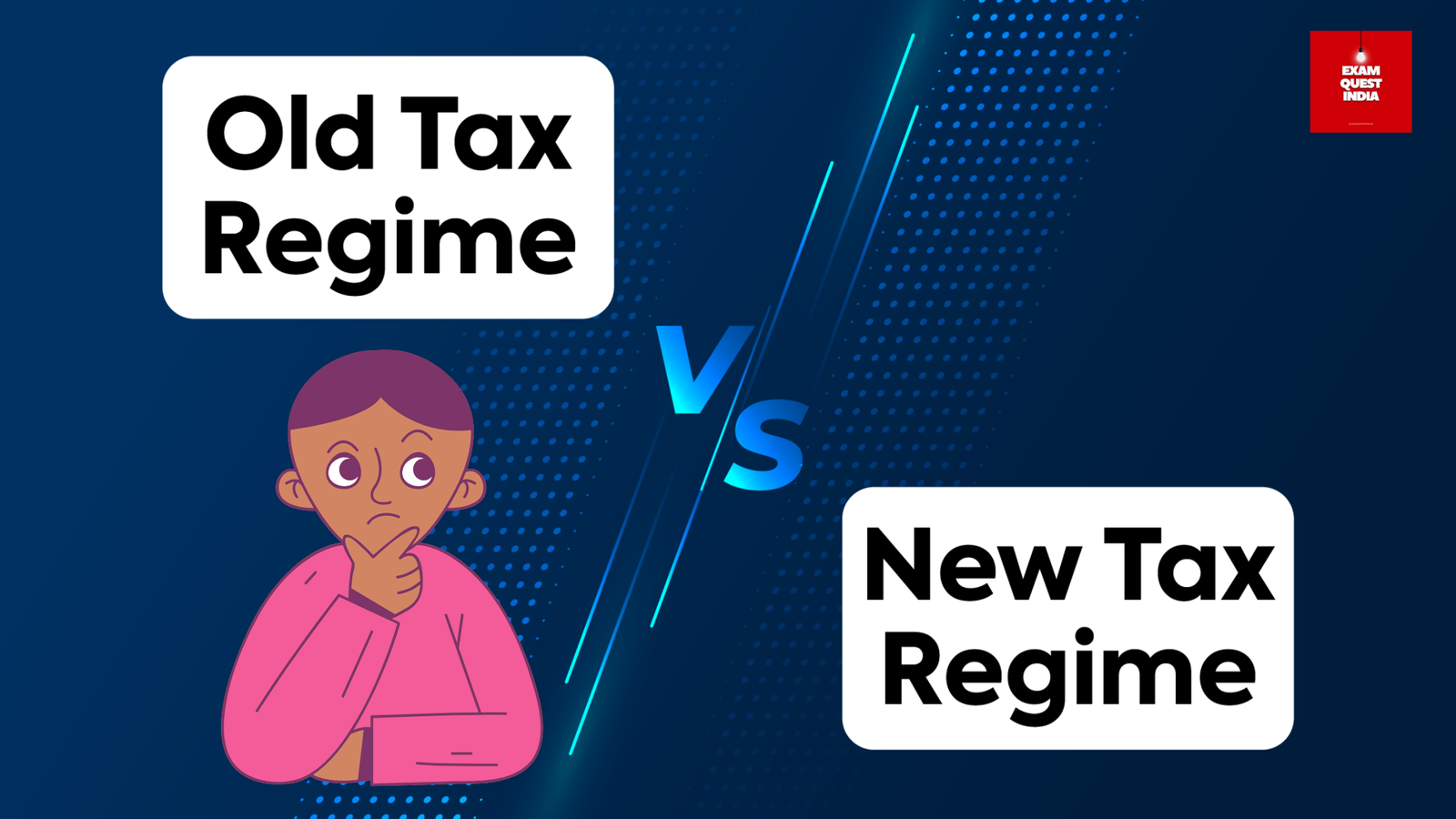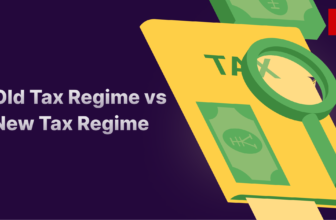
The Union Budget 2025, presented by Finance Minister Nirmala Sitharaman on February 1st, has introduced significant changes to the Indian tax landscape, particularly with the revamped New Tax Regime. These changes aim to simplify taxation, increase disposable income, and potentially boost economic growth. This article delves into the specifics of the new regime, analyzing its potential impact on various income groups and comparing it with the existing Old Tax Regime.
Key Highlights of the New Tax Regime 2025
The most significant announcement in the Budget 2025 was the increase in the tax exemption limit under the New Tax Regime. Individuals earning up to Rs 12 lakh per annum will now pay no income tax. This move is expected to benefit a large section of the population, especially those in the lower and middle-income brackets.
Here’s a breakdown of the revised tax slabs under the New Tax Regime:
| Income Slab (in Rs) | Tax Rate (%) |
|---|---|
| 0 – 4,00,000 | 0 |
| 4,00,001 – 8,00,000 | 5 |
| 8,00,001 – 12,00,000 | 10 |
| 12,00,001 – 16,00,000 | 15 |
| 16,00,001 – 20,00,000 | 20 |
| 20,00,001 – 24,00,000 | 25 |
| Above 24,00,000 | 30 |
In addition to the increased exemption limit, the budget also introduced a standard deduction of Rs 75,000 for salaried individuals. This means that individuals with a gross income of up to Rs 12.75 lakh will effectively be exempt from income tax.
Comparison with the Old Tax Regime
While the New Tax Regime offers lower tax rates, it comes with a trade-off: taxpayers cannot claim various deductions and exemptions available under the Old Tax Regime. These deductions include those under Section 80C (investments in PPF, mutual funds, etc.), Section 80D (health insurance premiums), and Section 24 (home loan interest).
Here’s a comparison of the two regimes:
| Feature | New Tax Regime | Old Tax Regime |
|---|---|---|
| Tax rates | Lower | Higher |
| Deductions and exemptions | Not available | Available |
| Complexity | Simpler | More complex |
| Suitability | Individuals with lower investments and those seeking simplicity | Individuals with higher investments and those who can utilize deductions |
Impact on Different Income Groups
The New Tax Regime is expected to have varying impacts on different income groups.
- Lower income group: This group will benefit the most from the increased exemption limit. They will have more disposable income, which can be used for essential expenses or investments.
- Middle income group: This group will also benefit from the lower tax rates. However, they will need to carefully evaluate whether the New Tax Regime or the Old Tax Regime is more beneficial for them, considering their investment patterns and eligibility for deductions.
- Higher income group: This group may find the New Tax Regime less attractive, as they may be able to save more tax by utilizing the deductions and exemptions available under the Old Tax Regime.
Potential Benefits of the New Tax Regime
The government aims to achieve several objectives with the revamped New Tax Regime:
- Simplification of the tax system: The new regime is designed to be simpler and easier to understand, reducing the compliance burden for taxpayers.
- Increased disposable income: The higher exemption limit and lower tax rates will lead to increased disposable income, which can boost consumption and economic growth.
- Greater tax compliance: A simpler tax system may encourage more people to file their returns, leading to increased tax compliance.
- Reduced tax evasion: The lower tax rates may make tax evasion less attractive, as the potential gains from evasion will be reduced.
Challenges and Considerations
While the New Tax Regime has several potential benefits, it also faces some challenges:
- Impact on savings: The reduced tax benefits for investments under the New Tax Regime may discourage people from saving and investing, which could have long-term implications for the economy.
- Choice between regimes: Taxpayers may find it difficult to choose between the New Tax Regime and the Old Tax Regime, as both have their own advantages and disadvantages.
- Need for financial planning: Taxpayers will need to carefully plan their finances and investments to determine which regime is most beneficial for them.
Conclusion
The New Tax Regime 2025 is a significant step towards simplifying the Indian tax system and increasing disposable income for taxpayers. However, it is crucial for individuals to carefully evaluate their financial situation and investment patterns before choosing between the New Tax Regime and the Old Tax Regime. The government will also need to monitor the impact of the new regime on savings and investment behavior to ensure that it achieves its intended objectives.
FAQs
Q. Can I switch between the New Tax Regime and the Old Tax Regime?
A. Yes, individuals can switch between the two regimes.
However, there are some restrictions. Salaried individuals can switch every year. Self-employed individuals can switch, but if they opt out of the new regime once, they cannot opt back in.
Q: What happens to my existing investments if I switch to the New Tax Regime?
A: Your existing investments will remain unaffected. However, you won’t be able to claim deductions on new investments made under the Old Regime if you opt for the New Regime.
Q: Are there any other deductions I can claim under the New Tax Regime?
A: Besides the standard deduction for salaried individuals, there are very few deductions available under the New Tax Regime. These are mainly related to certain allowances and employer contributions to the National Pension Scheme.
Q: How do I decide which regime is better for me?
A: The best regime for you depends on your income, investment patterns, and risk appetite. If you have significant investments and utilize deductions heavily, the Old Regime might be more beneficial. If you prefer simplicity and have fewer investments, the New Regime could be a better choice. Use a tax calculator or consult a financial advisor to make an informed decision.
Q: Will the New Tax Regime impact my retirement planning?
A: Yes, it could. Since the New Regime discourages tax-saving investments, it’s crucial to reassess your retirement plan. You might need to explore other investment avenues to ensure you have sufficient funds for retirement.
Q: I am a salaried individual with a home loan. Which regime should I choose?
A: If you are claiming a significant deduction on your home loan interest (Section 24), the Old Regime is likely to be more beneficial. However, calculate the tax payable under both regimes to make a final decision.
Q: I am a freelancer. Which regime should I choose?
A: As a freelancer, you can switch between the regimes. You’ll need to carefully analyze your income, expenses, and potential deductions to see which regime works best for you each financial year.
Q: I have just started my career and don’t have many investments. Which regime should I choose?
A: The New Tax Regime might be a good starting point for you, as it offers lower tax rates and simplifies tax filing. As your income and investments grow, you can re-evaluate your options.
Q: Are there any changes to the process of filing income tax returns because of the new regime?
A: The process of filing income tax returns remains largely the same. However, you will need to specify which regime you are opting for while filing your return. The tax forms may have some changes to accommodate the new regime.
Q: How will the New Tax Regime affect the overall economy?
A: The government hopes that the New Tax Regime will lead to increased disposable income, boosting consumption and driving economic growth.
It also aims to simplify the tax system and improve tax compliance. The long-term impact will depend on various economic factors and how taxpayers respond to the changes.
Disclaimer: This article is based on the announcements made in the Union Budget 2025 and is intended for informational purposes only. Taxpayers are advised to consult with a tax professional for personalized advice.
Discover more from ExamQuestIndia: The Best Exam Prep Platform in India
Subscribe to get the latest posts sent to your email.







